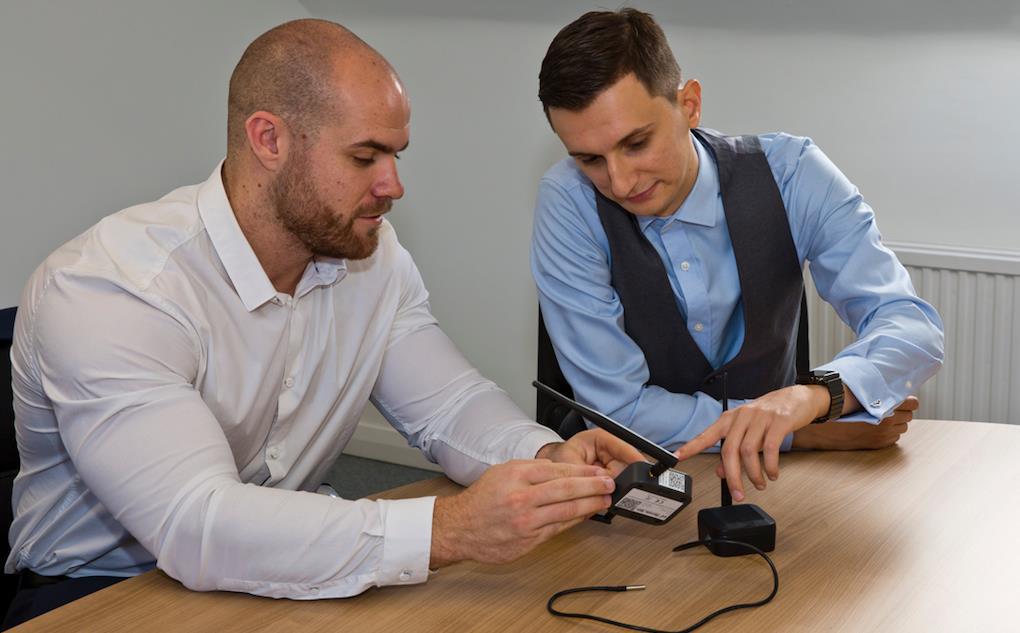
Kelly Rose
Editor

Kelly Rose
Editor
A PAIR of young entrepreneurs have developed a smart sensor to provide affordable and safe protection against climate-related Legionnaire’s disease.
Technology expert Florin Mangu and water hygiene engineer Joe Finn say their new Remote Tech S1 intelligent sensor uses 'Internet of Things' technology to monitor the risk of the legionella bug.
The water-borne bacterium thrives within a specific temperature range and has been responsible for a number of outbreaks of the potentially fatal disease in the UK over the last 12 months.
Recent analysis in Europe has linked a long-term rise in Legionnaire’s disease to climate change, leading to calls for enhanced safety measures in public water systems.
Water hygiene expert Joe Finn said, "Legionella can exist in any water system, particularly within public buildings where the water may stand still. It can get into the lungs by inhaling microscopic droplets. This can cause a type of pneumonia called Legionnaire’s disease, which is particularly dangerous to the elderly or young. In a major outbreak, around 10 per cent of cases can be fatal. It thrives at around 37 degrees (Celsius) and climate change is among factors linked to a long-term rise in Legionnaire’s disease."
Technology expert Florin adds, "The S1 sensor is an affordable and convenient solution for monitoring water systems. There is no up-front cost and it takes just a few minutes to install. It is specifically designed to target legionellaby using smart technology to detect any abnormalities in temperature within a set threshold. We can use this data to provide a comprehensive record. It is purpose-built to keep the public safe."
When temperatures are normal the sensor remains in stand-by mode, pulsing every two seconds but only contacting a server once every three hours, hence saving on battery power. If temperatures change, the sensor immediately awakes and sends out an alert.
Stevenage-based Remote Tech is initially launching the device in the UK market, where it is currently undergoing trials with a number of interested parties. It has a battery life of at least 10 years, reducing carbon footprints by eliminating the need for regular site visits, which are costly and intrusive. Installation is free and customers pay a small monthly fee that enables them to access their data via any computer or smartphone.
There have been over 300 reported cases of legionella infection in England and Wales between January and September 2019. Meanwhile the number of confirmed cases of Legionnaire’s disease between 2015 and 2018 rose by approximately 43 per cent. [1]
There are similar trends across continental Europe, where The Institute for Hygiene and Public Health at University Clinic Bonn recently stated that climate change is likely to be a contributory factor towards an increase in pneumonia caused by legionella. [2]
[1] https://www.gov.uk/government/publications/legionnaires-disease-monthly-surveillance-reports-2019
[2] https://www.euractiv.com/section/health-consumers/news/climate-change-leads-to-spread-of-pneumonia- causing-bacteria-expert-says/
For more information, visit www.remote-tech.co.uk
